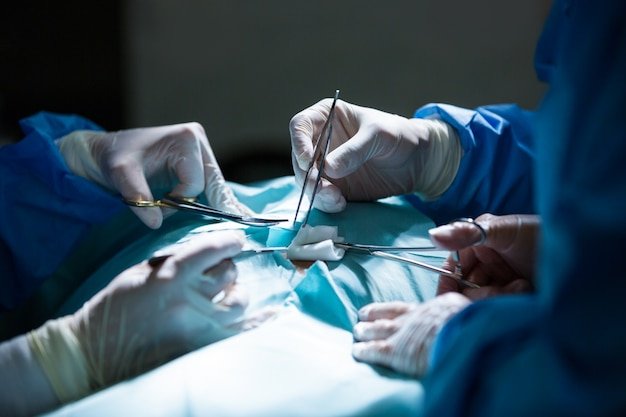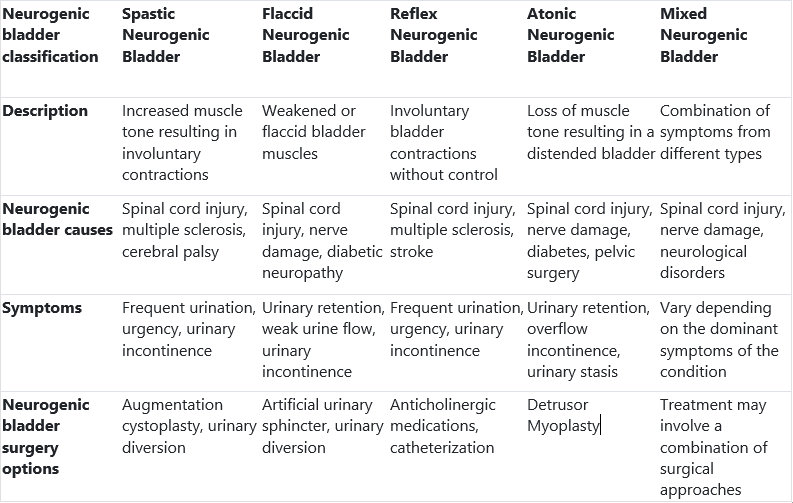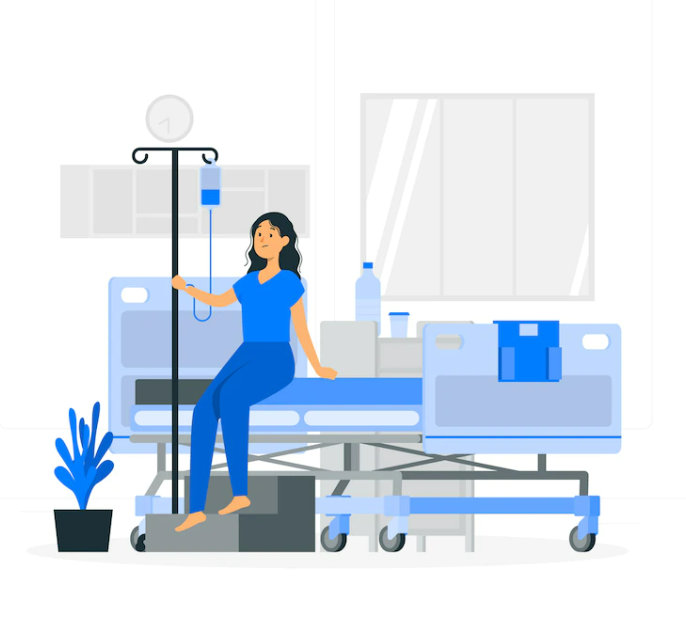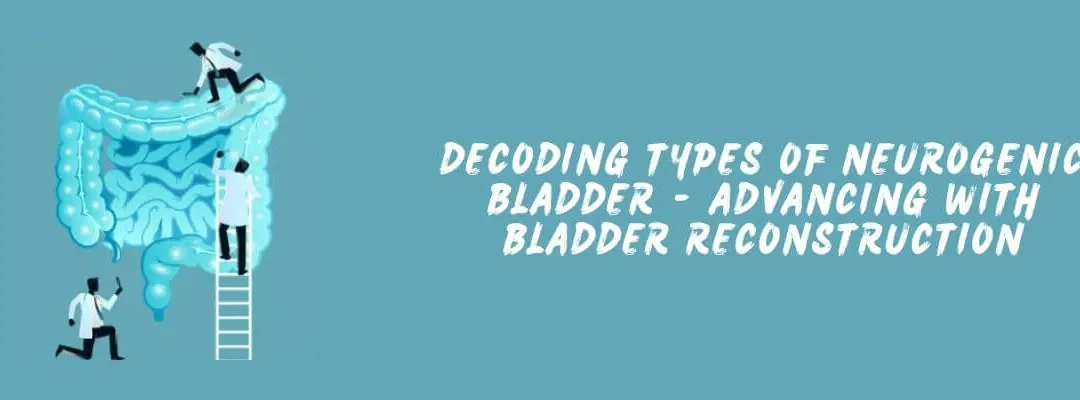Neurogenic bladder is a disorder that interferes with the urine bladder’s regulatory operation due to damage or failure of the nerves that regulate bladder function. Modern medical science and the expertise of plastic surgeons have led to novel therapies and new treatments for the neurogenic bladder that present fresh opportunities for a better future.
Neurogenic bladder is one wherein the patient is unable to empty his/her bladder voluntarily due to lack of contractions of bladder muscle called detrusor muscle. Detrusor muscle inactivity causes failure of evacuation of urine from the bladder.
Individuals with bladder dysfunction or urinary problems can find relief through the surgical technique known as bladder reconstruction, which tries to restore the bladder’s structure and function.
“Living with a neurogenic bladder can be challenging, as it disrupts the normal functioning of the urinary system and affects one’s quality of life,” says Dr. Leena Jain, a proficient plastic surgeon in Borivali, Mumbai. “Exploring options like bladder reconstruction can bring hope and improved bladder control.”
Bladder reconstruction

Bladder reconstruction using microsurgery is required to improve bladder contraction and its emptying.
Bladder reconstruction procedures aim to improve the quality of life for those with neurogenic bladder by:
- restoring bladder capacity
- helping to empty the bladder
- promoting better urinary control
“Understanding the different types of neurogenic bladder is crucial in determining the most appropriate treatment approach for each individual,” explains Dr. Leena Jain, a highly-skilled plastic surgeon in Mumbai.
Understanding Different Types Of Neurogenic Bladders
The different types of neurogenic bladders include:

Please do not ignore if you or a loved one experiences neurogenic bladder symptoms. Seek medical help from a qualified reconstructive microsurgeon at the earliest to avoid further complications.

Surgical Options
Detrusor Myoplasty is a surgery involving transfer of muscle flap with its nerve and blood supply from the thorax to cover the urinary bladder all around. The nerve is then attached to a nerve of the abdominal muscle and flap circulation is reestablished by joining its blood vessels with adjacent available vessels. Once the nerve supplying this transferred muscle regenerates, when the muscle contracts, bladder will contact and patient will be able to void his/her bladder.
This is a complex microsurgery procedure which can be life changing for affected individuals.
Intermittent Self-Catheterization
In cases where, patients are not offered this surgery, the only option they have is Intermittent Self-Catheterization is a technique where individuals learn to insert a catheter into their urethra to empty the bladder regularly. This method helps in bladder emptying and preventing urinary complications.
Are you or a loved one living with a bladder disorder and want a safe and effective solution? Please consult Dr. Leena Jain, a well-known Plastic Reconstructive Microsurgeon & Hand surgeon in Mumbai, to explore surgical options for bladder reconstruction.
Post-operative care

Recovery and post-operative care for bladder reconstruction may involve the following:
- Hospital stay duration is typically a week.
- Pain management is crucial, so follow the prescribed regimen for post-operative pain.
- A urinary catheter is usually placed during bladder reconstruction surgery to drain urine. Follow instructions for catheter maintenance.
- Follow any specific wound care instructions the healthcare team provides, such as changing dressings or using topical medications to keep incision sites clean and dry.
- Go for regular check-ups to monitor the healing process, check for any complications, and adjust the treatment plan if necessary.
- Balance rest and gradual increase in activity as advised by the healthcare provider to help regain strength while avoiding excessive strain or complications.
- Follow a balanced diet and stay hydrated to aid in the healing process.
- Practice good hygiene and follow precautions to prevent infections.
Conclusion

Neurogenic bladder is a condition that arises from damage or dysfunction of the nerves that control bladder function. A dysfunctional bladder can result in various urinary problems, such as urinary incontinence, urinary retention, or the inability to empty the bladder. But you can regain control and live life to the fullest by arming yourself with knowledge and exploring the route of bladder reconstruction.
Don’t allow neurogenic bladder dysfunction to define you. You are not alone in this path; a caring medical team and support system can assist you in overcoming obstacles.
Please get in touch with Dr. Leena Jain, a dedicated plastic surgeon in Mumbai, and welcome a new chapter of enhanced urinary health.
Stay informed and take control of your health!

